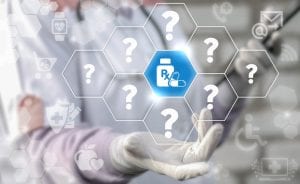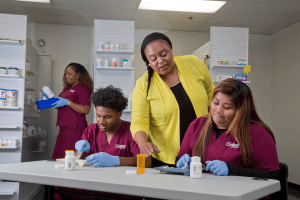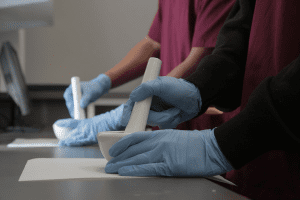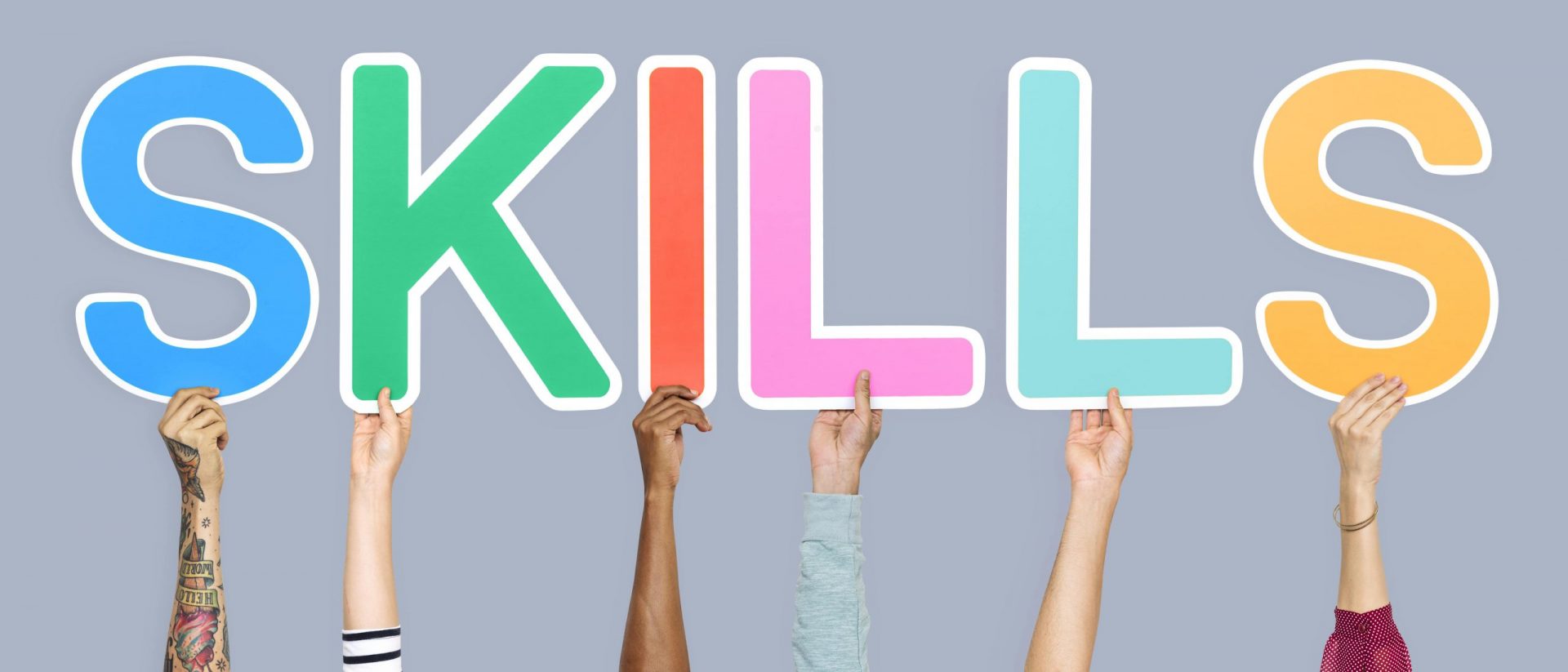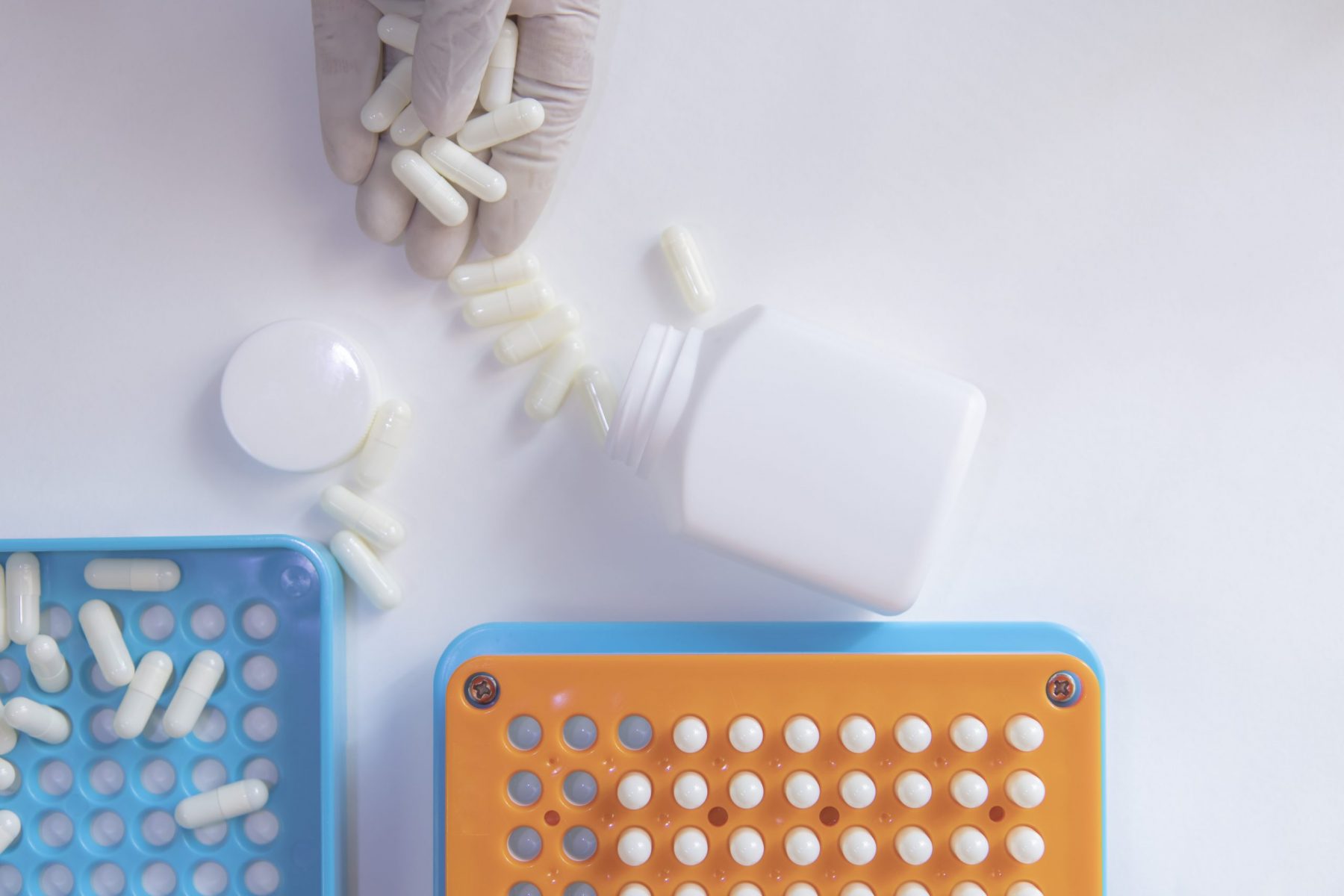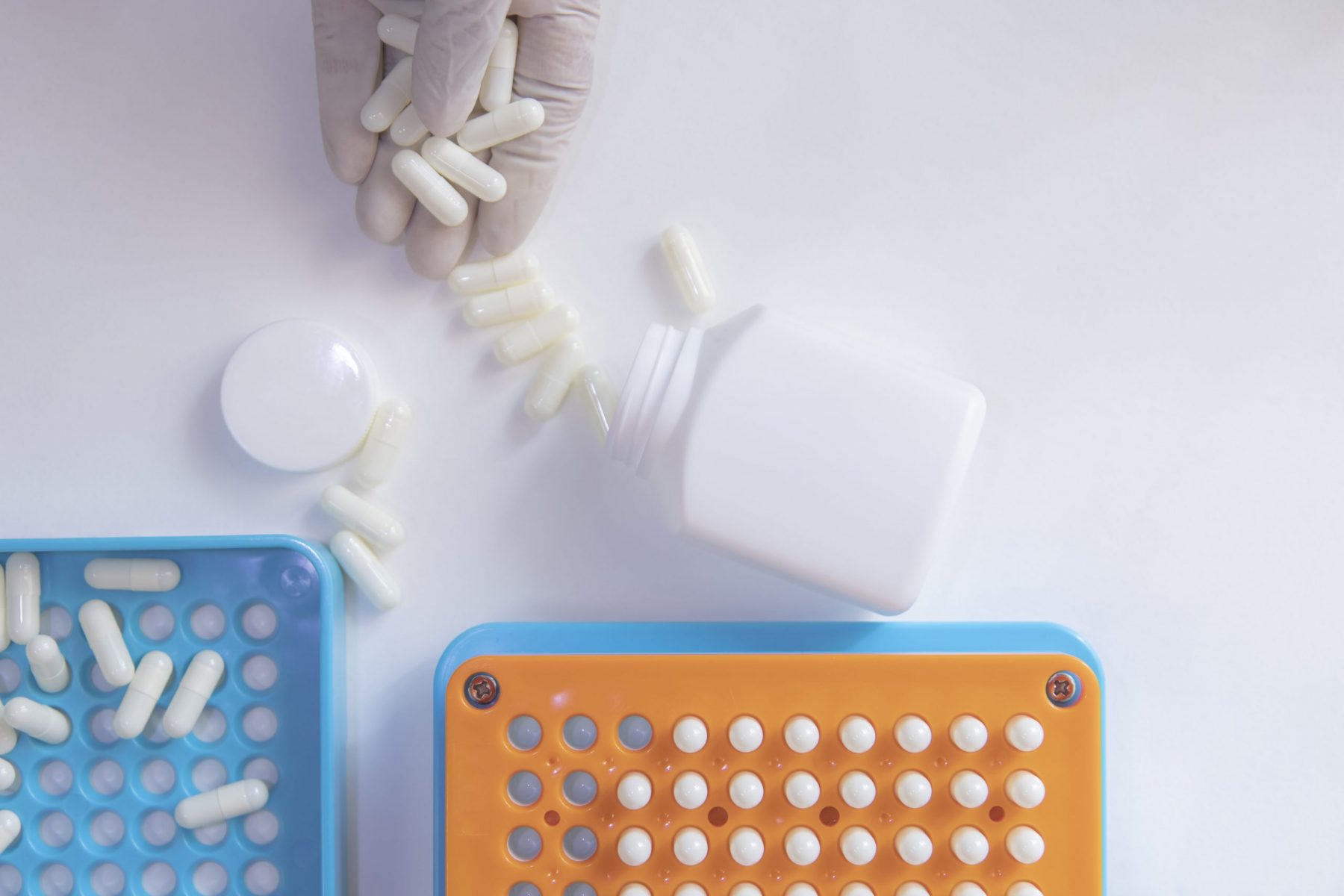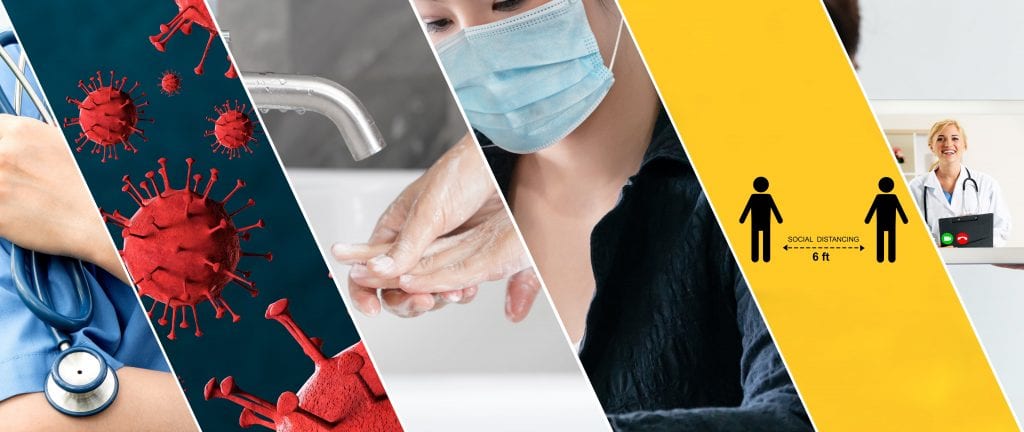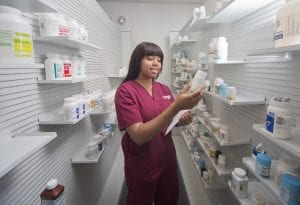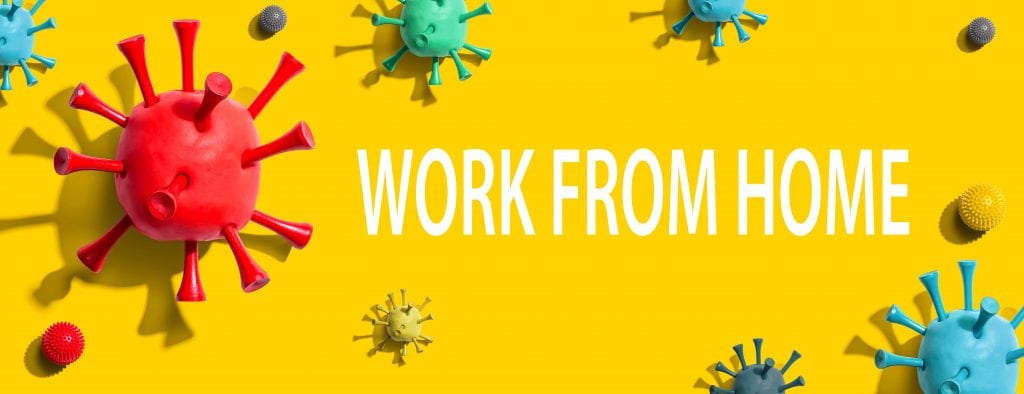Becoming a pharmacy technician isn’t easy. The goal requires a thorough understanding of both quantitative and qualitative aspects of both business and science. Due to the unique combinations of skill sets this requires, it’s important that anyone interested in receiving pharmacy technician training first understand the holistic means by which people typically grow into the role of pharmacy technician.
Why Become a Pharmacy Technician
Before understanding how to do things, it’s usually better to understand why you want to do things in the first place. In this context, you may be asking yourself, “Why become a pharmacy technician?” If you are asking yourself this question, then it’s worth considering the amount of growth that has taken root all across the pharmaceutical industry. In short, advances in biomedical engineering has led to no shortage of drugs that can help people improve the quality of their lives. As a pharmacy technician, you are afforded the privilege of knowing these drugs well enough to help distribute them in an orderly, efficient, and responsible manner for all stakeholders. In the age of “essential workers”, it’s important to be mindful of the fact that there is scarcely a more essential role in the evolving global technological society than the valiant duties of a pharmacy technician.
Step 1: Check Your Passion
The first step to becoming a pharmacy technician is to have a strong passion for the pharmaceutical industry. Thankfully, this is fairly straightforward since the pharmaceutical industry is so pervasive throughout the global economy, as well as relevant to the broader education system. In short, you enjoy learning about biology, chemistry, and mathematics—and you like helping people overcome their ailments—then the life of a pharmacy technician could be in your future.
Step 2: Learn About the Industry
If you find yourself considering whether you have the chops to be a pharmacy technician, then you’ll want to learn as much as possible about what the job of a pharmacy technician entails. In order to do this, you’re going to need to research into the field of technical pharmacy operations. You’ll also need to learn about how to optimally receive training from an experienced professional or teams of professionals who are knowledgeable about the requirements for becoming a pharmacy technician. This will ensure that you make the right decision regarding whether the career could be right for you.
Step 3: Receive Formalized Training
After you’ve done your research, the third step for becoming a pharmacy technician is to receive formalized pharmacy training. This will enable you to begin learning about the sort of hands-on experience you will need in order to work in a professional pharmacy environment. There are many certificate programs available, but the programs at Coyne College are known for offering the most advanced and comprehensive training on the issues that are most essential to your success.
Step 4: Complete an Externship
The fourth step for joining the booming industry of pharmacy technicians is to complete an externship to gain experience in a real-world pharmaceutical environment. This step of the training process is somewhat unique — whereas an internship allows someone to work within a company, an externship means that you work outside the company that employs the actual pharmacy. Oftentimes, these externships are made through personal contacts, although sometimes technical certification programs can include externship opportunities as well.
Step 5: Make Contacts in the Industry
Depending on your anticipated career trajectory, it’s worth considering whether the next steps are those that are right for you in your job as a pharmacy technician. In short, whereas continually making new contacts in the pharmaceutical industry is something that we should all aim to achieve in order to achieve a thriving professional culture, it may not be necessary to go our of your way making connections inside the industry — especially if you know that you want to be a technician, not an inside salesperson for the pharmaceutical industry (although in some cases the lines can be blurry).
Step 6:
Ultimately, you’ll want to develop the key instincts needed to succeed as a professional who has received specialized pharmaceutical training. This entails reading up on the physical, mental and emotional stresses that a pharmaceutical workplace can lead to. Once you’ve done that, consider applying to a pharmacy environment that best accommodates what you’re looking for after your pharmacy technician training. You’ll want to begin applying to programs that can best suit your interests, such as hospitals, national chain drug stores, and big box retailers — although other suitable locations also include mail-order pharmacies and independent pharmacies.
Read our other Interesting Articles Here!!
Closing Thoughts: Benefits of the Role
One of the most important aspects of being a pharmacy technician is the unprecedented job security that being a pharmacy technician is poised to entail for the foreseeable future. As mentioned toward the beginning of this article, it is easy to see how the natural growth of the pharmaceutical industry paves the way for an industry where pharmacy technicians will find themselves employable for decades to come. That said, it is also worth considering whether the job is right for everyone, since long days in a pharmaceutical setting can be emotionally taxing if you are not properly prepared.
Coyne College Chicago offers an in-demand Pharmacy technician program at the Chicago downtown campus. Upon completion of Coyne College’s pharmacy technician program in Chicago, graduates can be qualified for entry-level positions in retail or hospital pharmacies.




